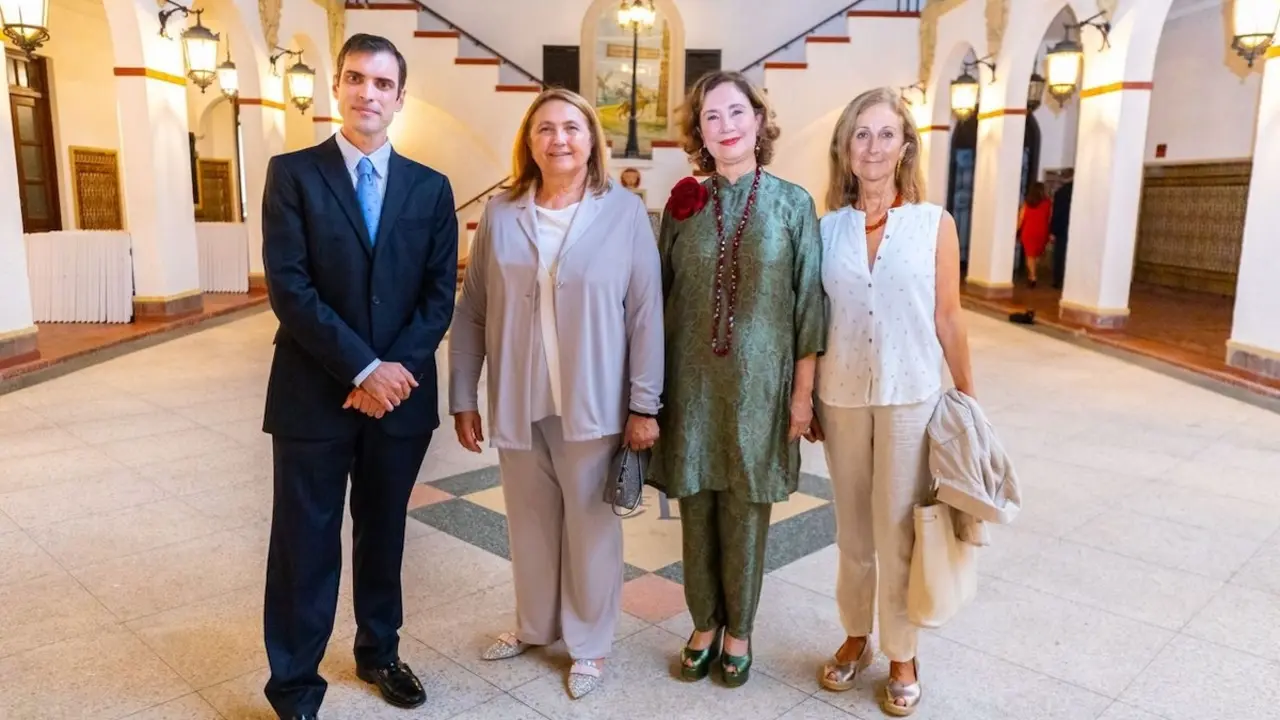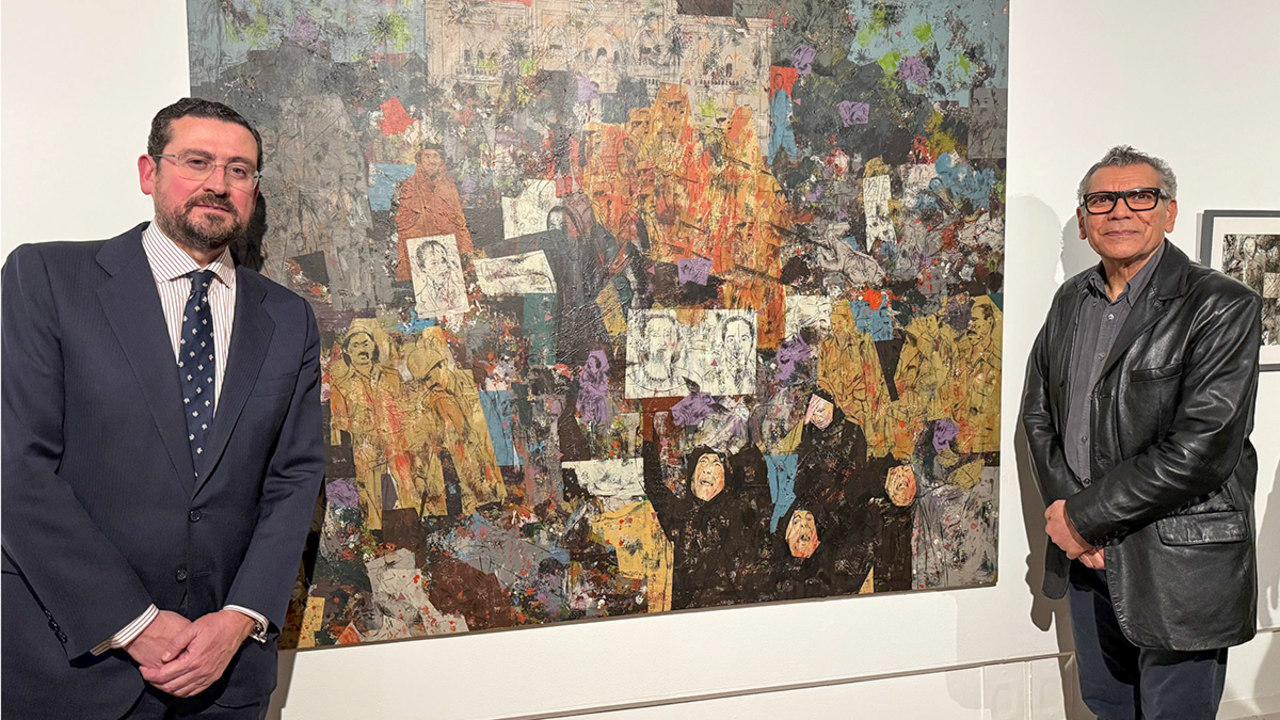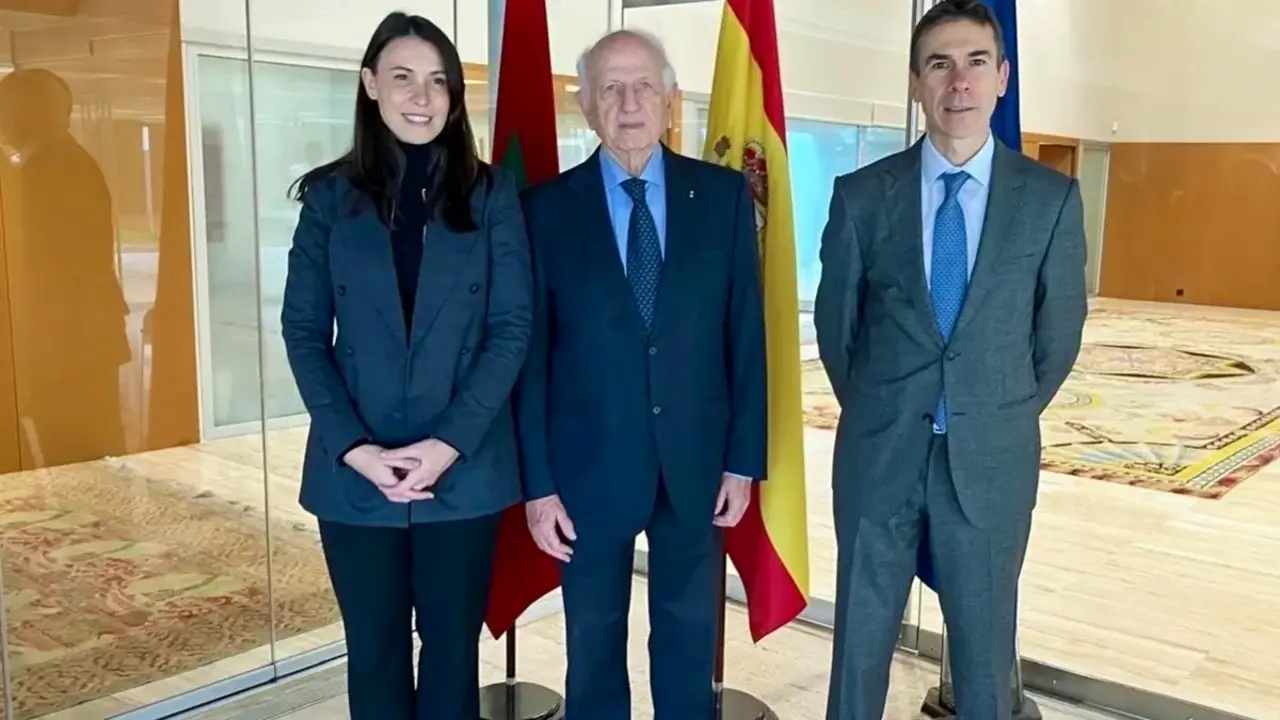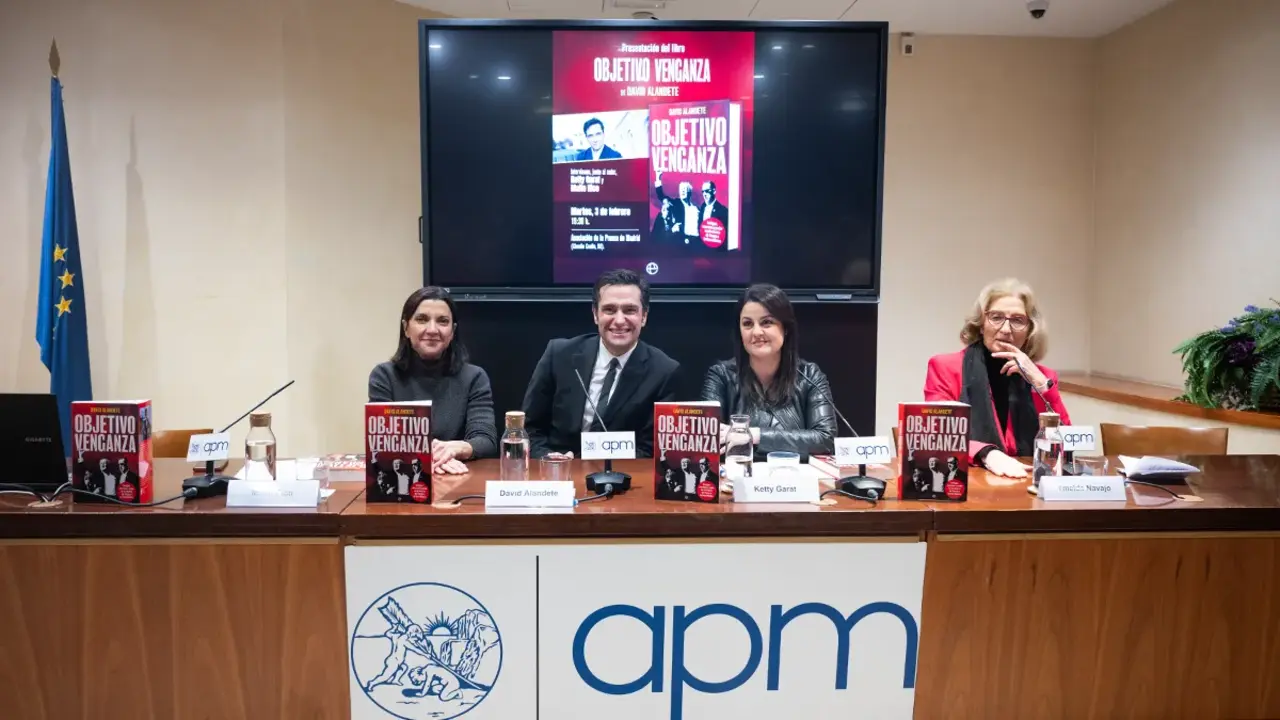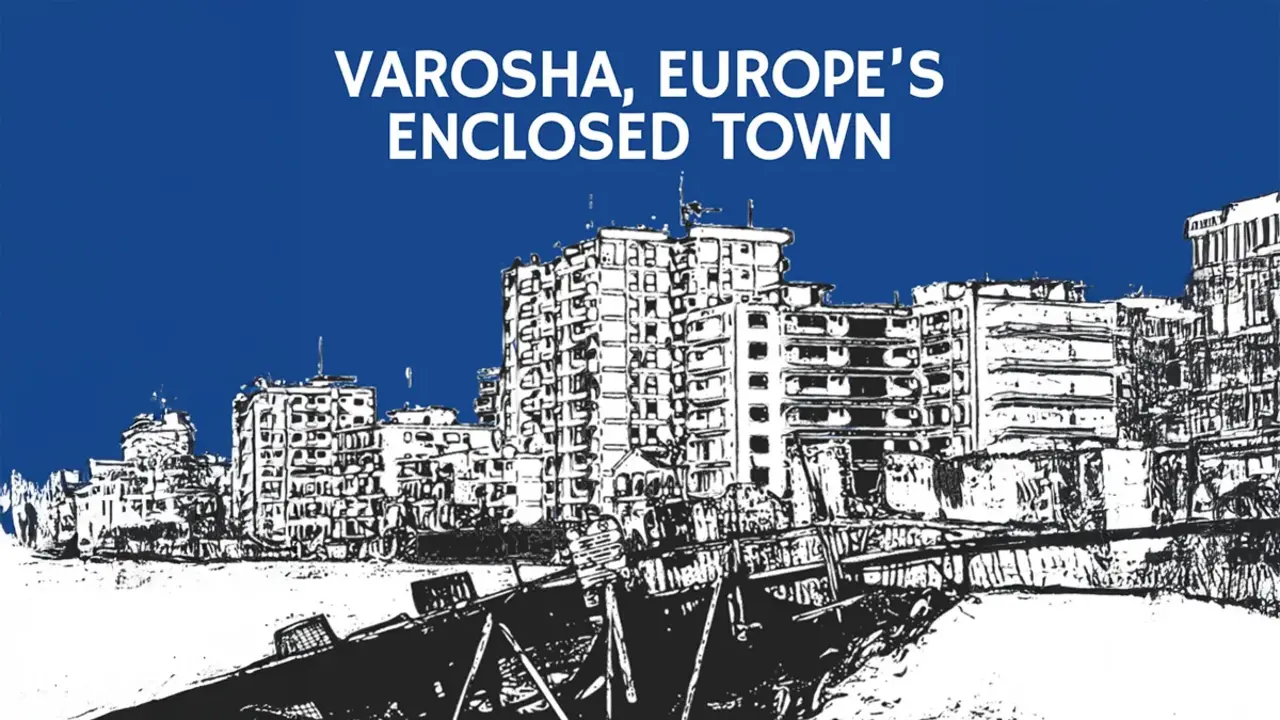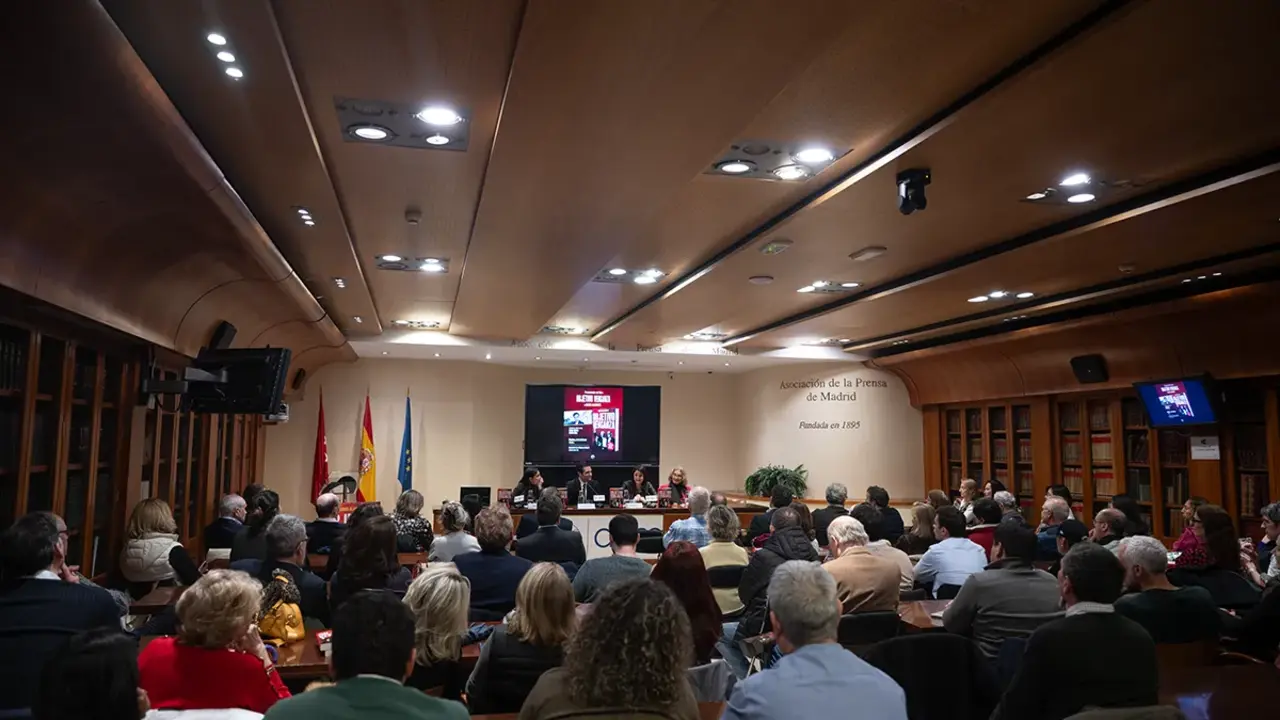"Father's Day" wins the award for best feature film at the African Film Festival of Tarifa-Tangier
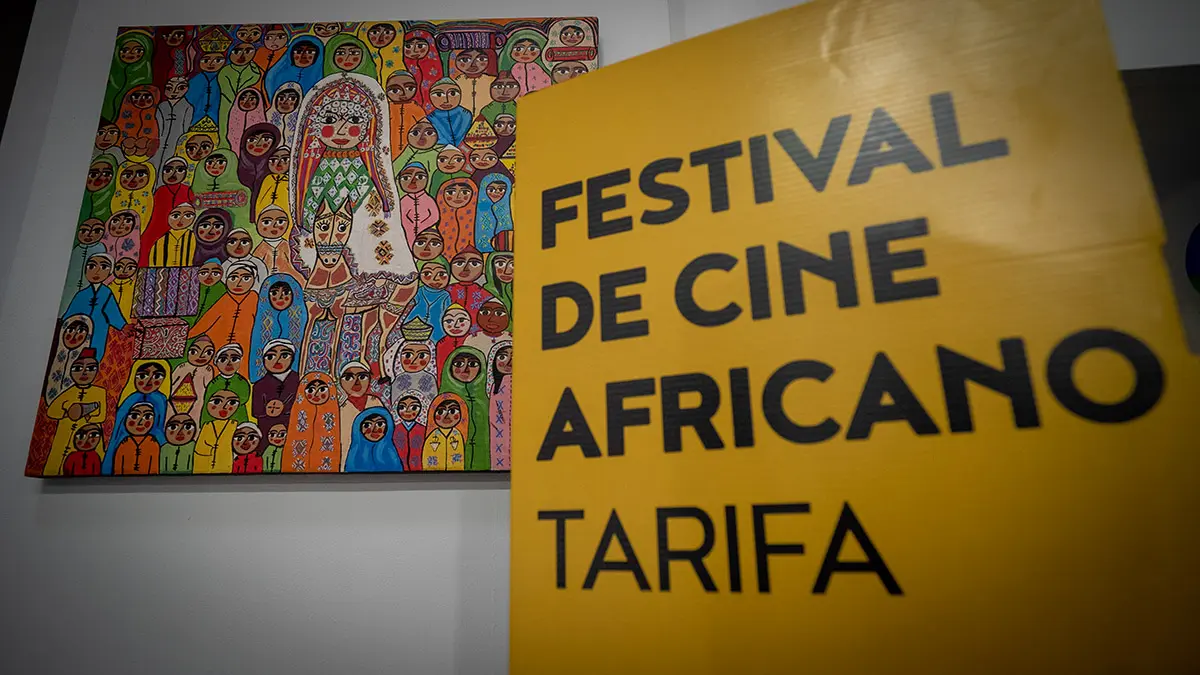
For the first time, the Tarifa-Tangier African Film Festival (FCAT) has opened in the Moroccan city of Tangier. According to the festival's director, Mane Cisneros, there had been a long-standing desire to start holding the festival in this city, and this year it has finally been achieved. In addition, the films screened during the festival have enjoyed a magnificent place to be seen, the Alcazar cinema. The historic cinema was a great success in the city during the last century for the B-movies it offered. The cinema has recently been refurbished and Tangiers have been able to watch the festival films free of charge in this more than a century old building.
On Friday, the awards ceremony for the two sections of the festival took place: the Hypermetropia section, for feature films, in which seven works from sub-Saharan Africa and three from the Maghreb took part, and the Short section for short films. Ten African fiction films also took part in this year's edition.
The jury of the Hypermetropia section was made up of the filmmaker Philippa Ndisi-Hermann, the African film expert Léa Baron and the Afro-descendant actress Beatriz Mbula.
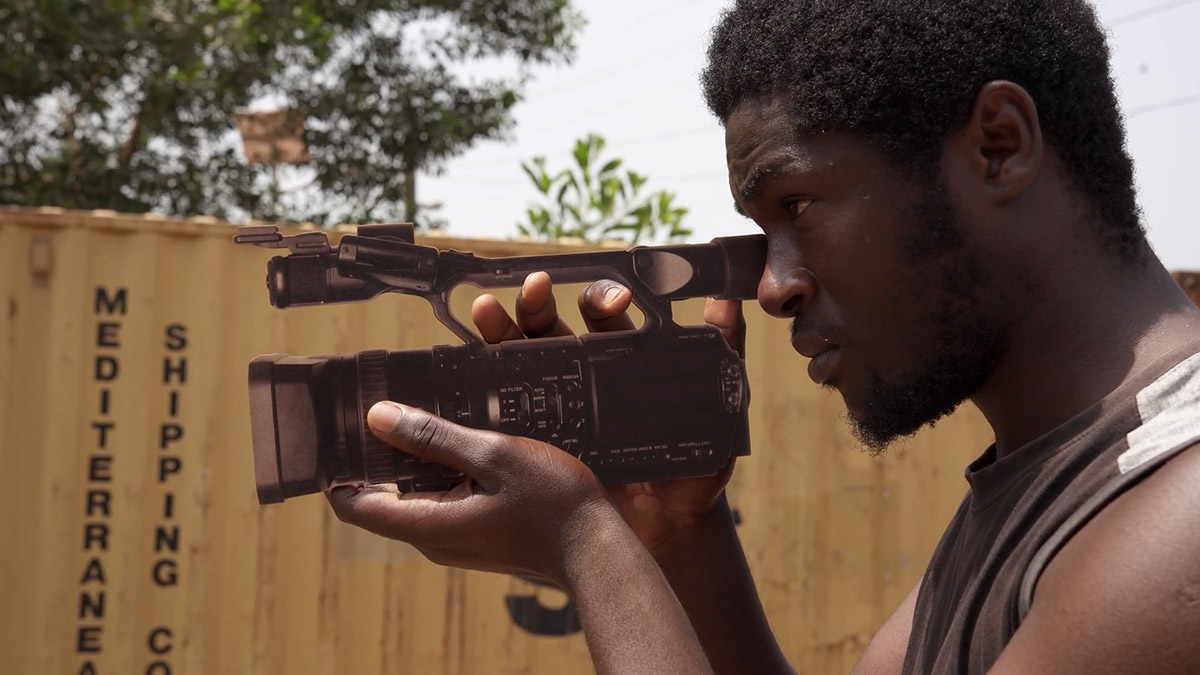
The top prize for fiction feature films went to an entirely Rwandan production, "Father's Day", by Rwandan director and screenwriter Kivu Ruhorahoz. With a small budget of 50,000 dollars financed by Iyugi productions, the film manages to make us reflect on the role of men as fathers in Rwanda against the backdrop of the genocide that took place in the 1990s in that country. The awards for best male and female performance also went to this masterpiece, specifically to the actress Mediatrice Kayitesi and the actor Cedric Ishimwe. The jury awarded a Special Mention for Best Fiction Feature Film to "Shimoni", by Angela Wanjiku Wamai (Kenya, 2022), a film that deals with gender violence and child abuse.
The Casa África Film Award for Best Feature Documentary went to "Coconut Head Generation" by Alain Kassanda (France, Nigeria, 2022) about the heated debates about power, feminism and ethnicity among students in Nigeria.
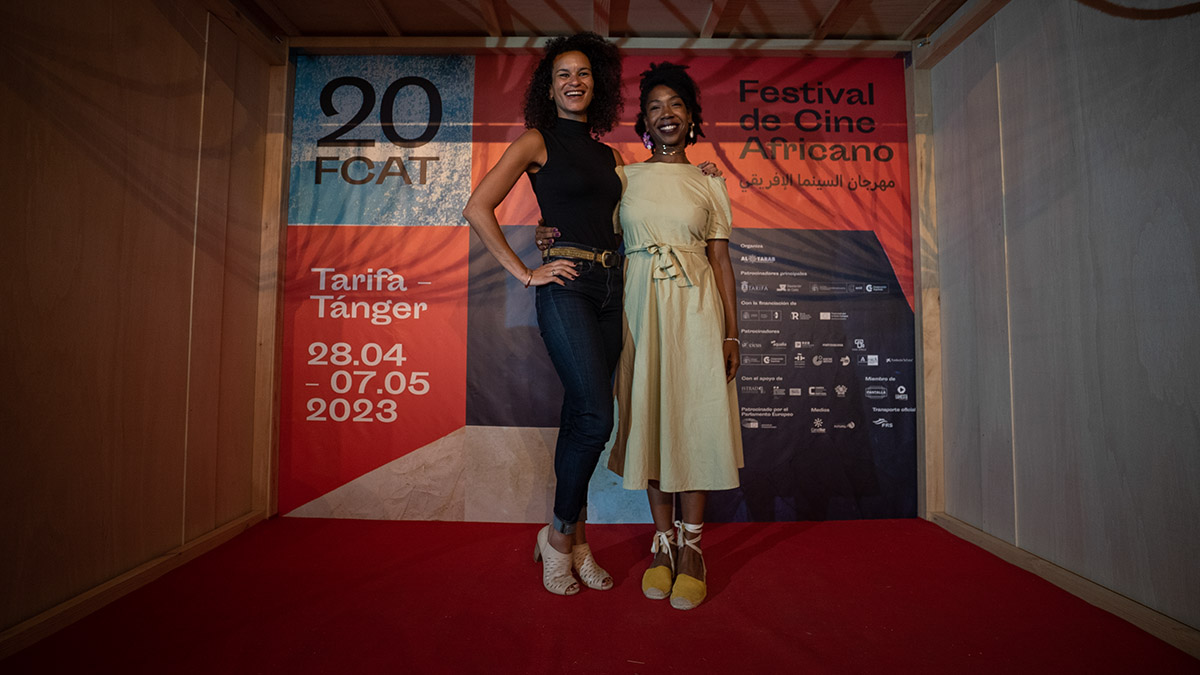
The Jury awarded a Special Mention for Best Feature Documentary to "Au cimetièrie de la pellicule" (In the Graveyard of the Film) by Thierno Souleymane Diallo (Guinea Conakry, Saudi Arabia, France, Senegal, 2022). In addition, during the FCAT, the IV ACERCA Award for Spanish Cooperation was presented.
The Jury of the Spanish Agency for International Cooperation and Development has also decided to award the prize to the feature film by the director from Guinea Conakry, which highlights the importance of cinema and archives for the cultural identity and history of the country.
The Best Short Film Award went to Jua Kali, by Joash Omandi (Kenya, 2022), which portrays the work of women cleaners in Kenya and the consequences for their health.
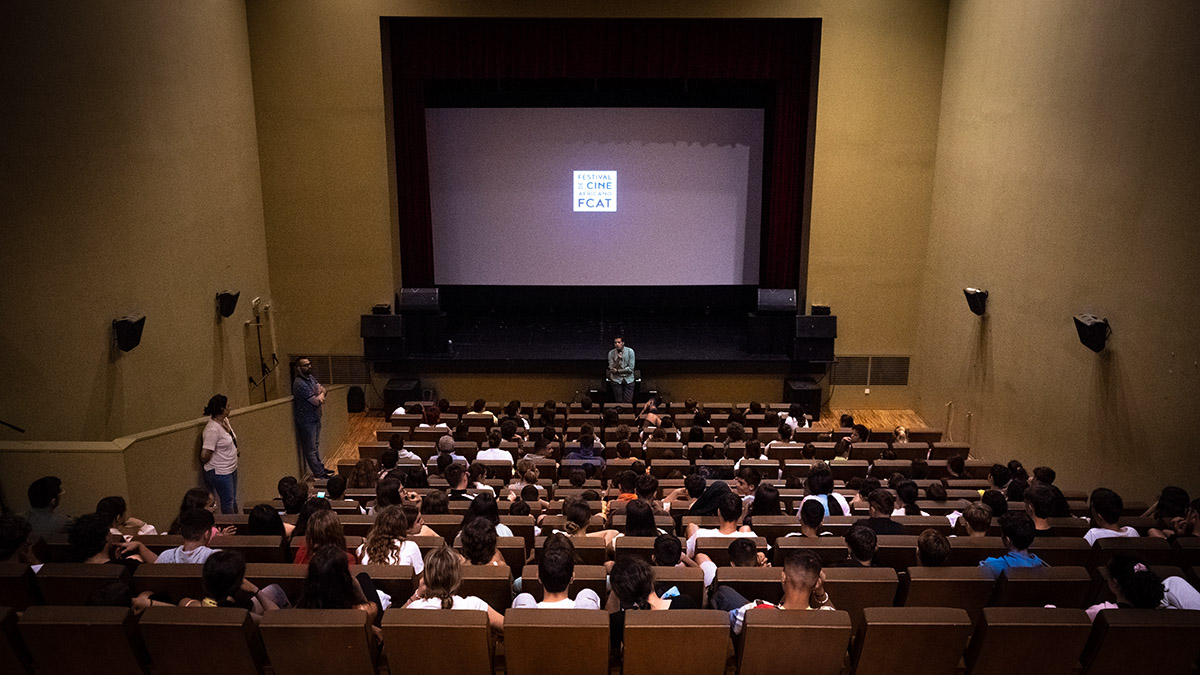
The jury awarded a Special Mention for Best Short Film to Terra Mater by Kantarama Gahigiri (Rwanda, Switzerland, 2023), a film that denounces pollution in Africa and calls for environmental protection.
The TV5 Monde Audience Award for Best Feature Film went to Sous les figues (Between Figs) by Erige Sehiri (Tunisia, Germany, France, Qatar, Switzerland, 2022). The film, which represented Tunisia at the Oscars, deals with the freedom of rural women in Tunisia and, breaking with clichés, shows women who are free despite living in conservative environments.
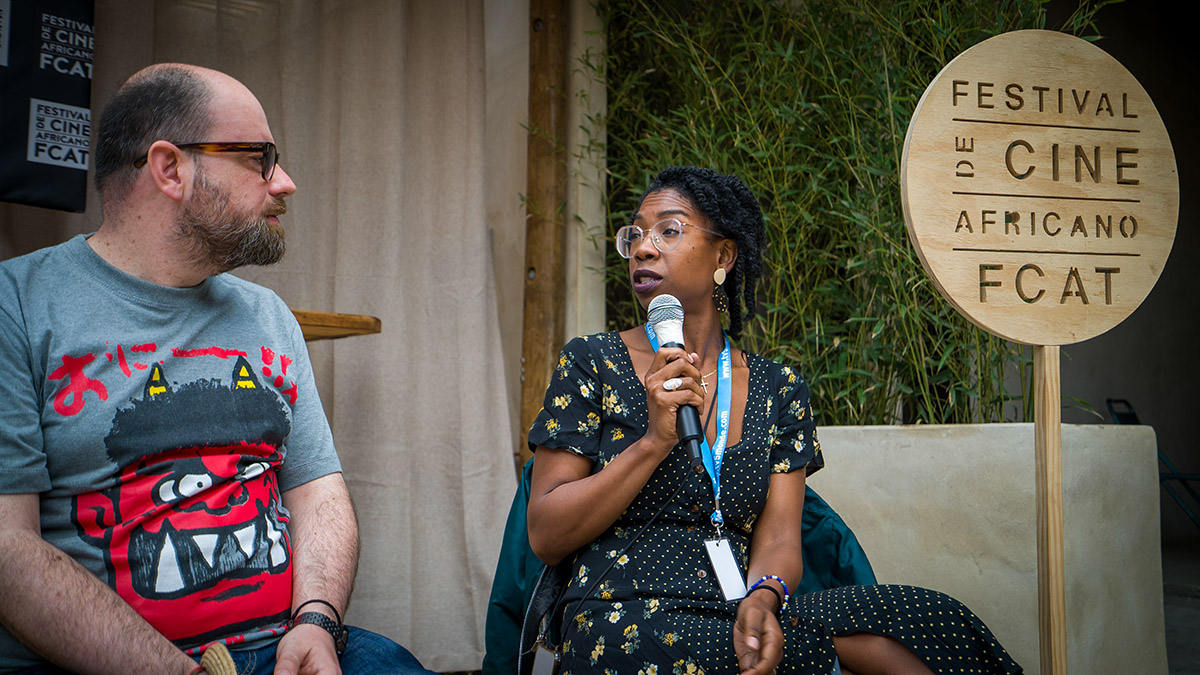
On Saturday, the award-winning films were shown and there was a meeting with the Moroccan artist Zahira Tigtate, who presented the exhibition "The art of living Amazigh". In this exhibition, visitors were shown the Amazigh culture, typical of North Africa, and the daily life of the women who speak this language.
The FCAT has managed, once again this year, to give visibility to African cinema in Spain and to bring us closer, through culture, to other realities and peoples.

